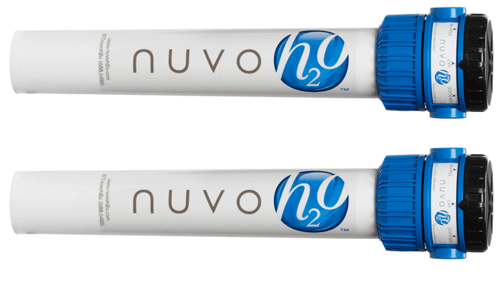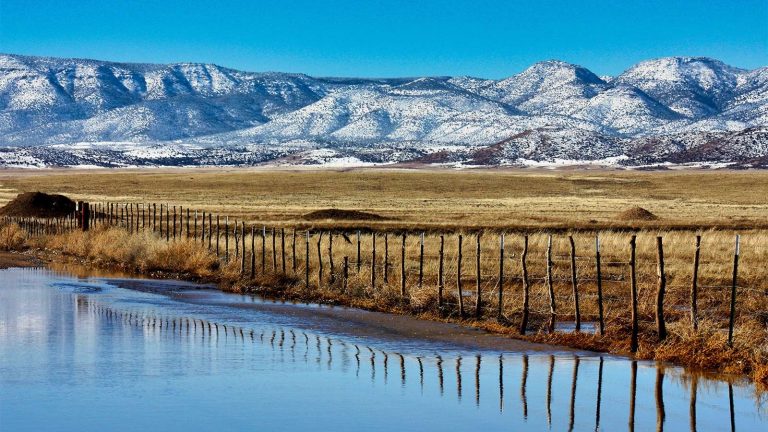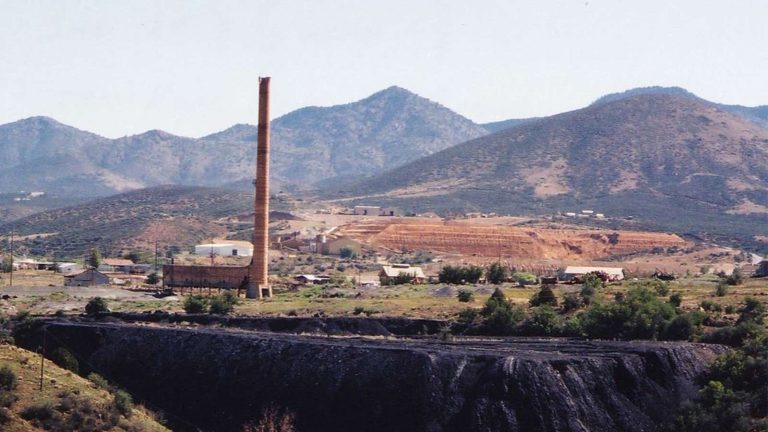A water softener is a plumbing installation designed to remove excess minerals from your water supply, making it softer and easier on your skin and hair. There are many different types of water softeners available on the market. Still, whole-house water softeners are becoming increasingly popular due to their ability to provide softened water to every faucet in your home.
A water softening system is a tool used to remove magnesium, calcium, and other minerals from hard water. This is done by exchanging the ions of these minerals for sodium or potassium ions. This process is known as ion exchange. Water softeners are used in homes, businesses, and industries to improve water quality.
Water softener system: how it works
A water softener is a device used to remove magnesium and calcium ions from hard water. These ions can cause many problems, such as making it difficult to get soap to lather or leaving behind deposits on plumbing fixtures. A water softener works by exchanging the magnesium and calcium ions in the water for sodium ions. This process is known as ion exchange.
The most common type of water softener is a salt-based water softener. These systems use salt to remove the magnesium and calcium ions from the water. The salt is added to the system’s brine tank. As the hard water passes through the tank, the magnesium and calcium ions are exchanged for sodium ions.
Another type of water softener is the potassium chloride water softener.
Why you might need a water softener
If your home has hard water, you may have considered installing a water softener. While there are some downsides to having a water softener, there are also several benefits. Here are a few reasons why you might need a water softener.
Hard water can cause problems with your plumbing. Over time, the minerals in hard water can build up in your pipes and fixtures, causing clogs and reducing water flow. A water softener will remove these minerals from your water, preventing them from building up in your pipes.
Hard water can also ruin your appliances. The minerals in hard water can shorten the lifespan of washing machines, dishwashers, and other appliances that use water. A water softener will protect your appliances by removing these harmful minerals from your water.
Finally, hard water can dry out your skin and hair.
If you’ve ever suffered from dry, itchy skin or dull, lifeless hair, you may be surprised to learn that the culprit could be the water coming out of your tap. That’s right. Hard water can dry out your skin and hair, making it difficult to achieve the healthy, hydrated look you crave.
But there is good news. A water softener can help to remove the minerals that cause hard water, leaving you with softer water that is much better for your skin and hair. In fact, after just a few weeks of using softened water, you may notice a significant difference in how your skin and hair look and feels.
So if you’re struggling with dry skin or lackluster locks, consider investing in a water softener. It could be the key to achieving the healthy, hydrated look you’ve been searching for.
The benefits of having a water softener
Water softeners are devices commonly used to remove certain minerals from water. These minerals can cause hard water, which can lead to many problems. For example, hard water can cause soap not to lather appropriately, leave spots on dishes and glasses, and make laundry appear dingy. In addition, hard water can clog pipes and reduce the efficiency of appliances that use water. Water softeners work by exchanging ions in the water with ions that do not cause hard water. This process is known as ion exchange. There are many benefits to using a water softener.
One benefit of using a water softener is that it can save money. This is because appliances that use hard water require more energy to operate. In addition, they often have shorter lifespans than appliances that use softened water.
Different types of water softeners
Water softeners are a great way to improve the quality of your water. There are many different types of water softeners on the market, so it is essential to know what you need before you purchase one.
The most common type of water softener is the ion exchange water softener. This water softener works by exchanging the minerals in your water for sodium ions. This process will remove hardness from your water and make it softer.
Another type of water softener is the reverse osmosis water softener. This type of water softener works by forcing your water through a membrane that will remove the hardness from your water. This is a very effective way to soften your water, but it can be costly to maintain.
If you have hard water, a water softener can be a great way to improve your water quality.
How to choose the right water softener for your home
If you have hard water in your home, a water softener can be a great way to improve your water quality. But how do you know which water softener is right for your home?
A few things to consider when choosing a water softener include the size of your home, the type of water you have, and your budget.
The first thing to consider is the size of your home. If you have a small house, you may not need as large of a water softener as someone with a larger home.
The next thing to consider is the type of water you have. If you have well water, you may need a different kind of water softener than someone with city water.
Finally, consider your budget. Water softeners can range in price from around $200 to over $1,000.
Conclusion
The average person uses 80-100 gallons of water per day. The vast majority of this water is used for showering, laundry, and flushing toilets. But a small amount of the water we use daily comes from the faucet which is tap water.
While most people don’t give much thought to tap water quality, it’s essential to be aware that the water from your faucet may not be as clean as you think. In addition, depending on where you live, tap water may contain high levels of dissolved minerals, making it hard or even dangerous to drink.
One way to improve tap water quality is to install a water softener. Water softeners work by exchanging the hard minerals in your water for softer ones, making it easier and safer to drink.




